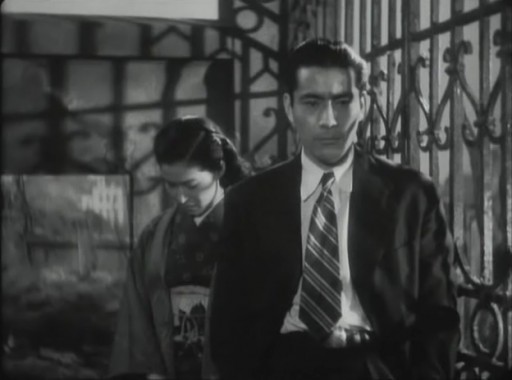There’s a lot of interesting psychological research about how the choices we make are influenced by the way the situation is framed for us. We’re not rational decision makers. We take shortcuts that approximate reason, but actually isn’t.
There are two lessons you can take from this. One is: This can help me learn to make better decisions.
Another is: Hey, I can use this to manipulate people!
Naturally, the second lesson appeals to politicians and other people who carry the blueprint of a perfect society in their hearts. Cass Sunstein and Richard Thaler believe that “nudging”, improving people by presenting their choices differently, enables smarter, less intrusive social policies. Libertarian paternalism.
It sounds harmless. And it’s really clever. But I agree with Brendan O’Neill at Spiked Online: These ideas are repulsive.
It’s okay to try to change people. But the right way of doing that is by helping them become more aware their own choices, not tricking them into making the “right” ones.
Research on choice can be a force for good. It can be used to show that you have more choices than you realize. It can be used to shine a light on the shortcuts we take that sometimes lead to bad decisions. I know it has helped me become conscious of my own decision making process in a way I wasn’t before.
But that requires a bit of trust in people, some genuine respect for personal freedom. The courage to say: Here’s how your brain works. The rest is up to you.


